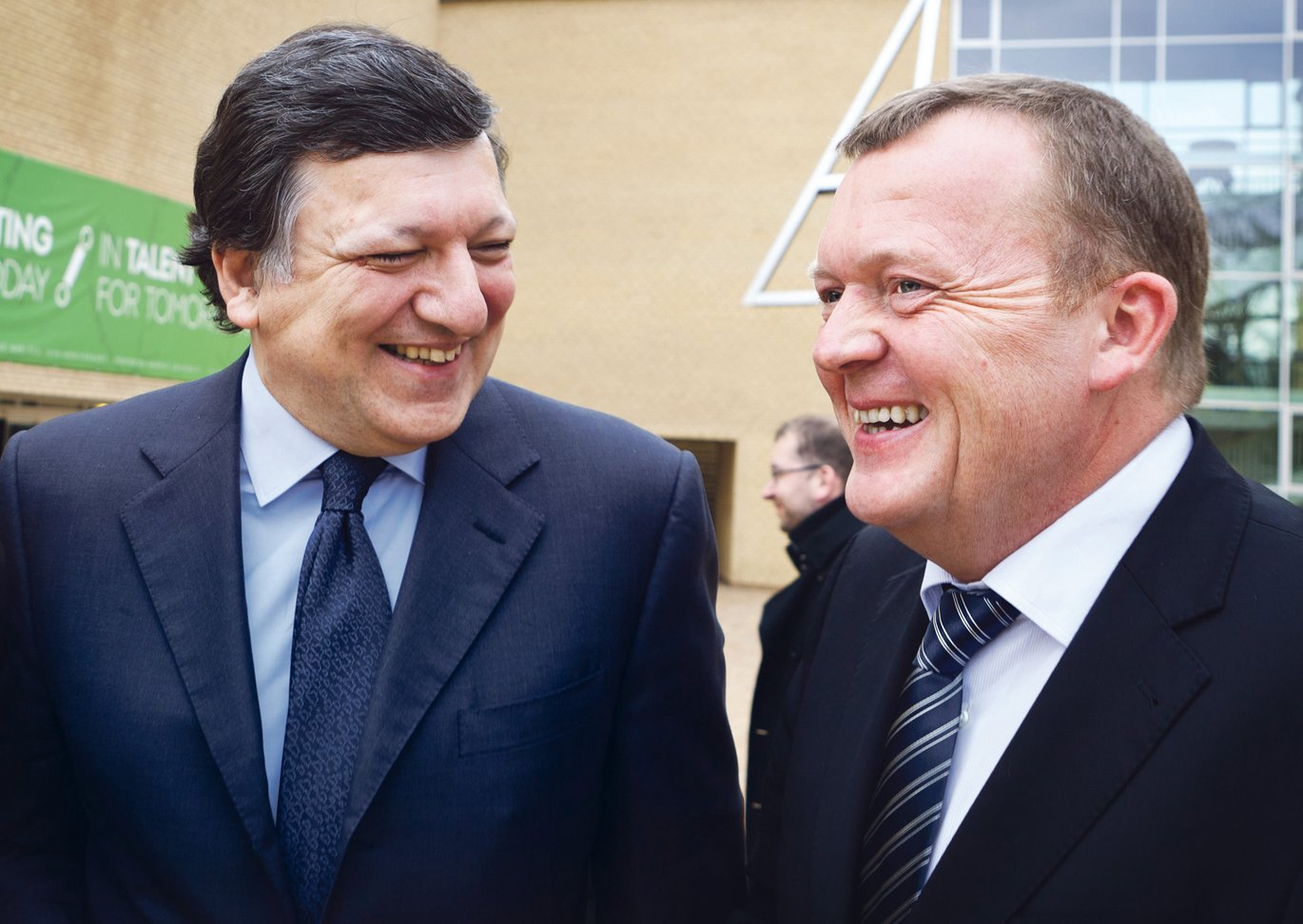Economic challenges ahead
European Commission President José Manuel Barroso and Danish Prime Minister Lars Løkke Rasmussen among those at EUA conference to stress economics

There was scant mention of hard-core academic topics. No PhD students were trotted out to defend their dissertations, and the theoretical discussions that fly around university classrooms were checked at the door.
Still, the 10th annual European University Association conference, which was held at Aarhus University from 13-15 April, could have been presented as an interdisciplinary research project titled: How can European universities reconcile academic ambitions with financial realities?
From European Commission President José Manuel Barroso to Danish Prime Minister Lars Løkke Rasmussen, economics and education were repeatedly tied together.
“After the international economic crisis, we face a serious growth challenge, and at the same time, the challenge of consolidating our finances,” Rasmussen said in a speech delivered to representatives from universities across Europe.
“The answer to both challenges is forward-looking reforms. To enhance growth, we must invest in research, development and education. We must secure excellent universities. But we also need the money before spending it, and for that reason, we need reforms to improve our long-term growth potential and to secure our finances.”
“Challenges cannot be underestimated”
With hundreds of university representatives from across the continent, there were a multitude of topics discussed at the EUA conference. But the question of how to reconcile costly educational objectives and sobering economic realities was chief among them.
The evolving relationship be-
tween economics and education is taking different forms around Europe. The Netherlands and Italy, for example, have passed legislation to decrease state-funded scholarships, while the United Kingdom and other nations are witnessing tuition hikes.
Denmark is also in the process of restructuring: “SU,” the programme that provides monthly stipends to Danish students, is being restructured and may soon be trimmed to five years from six.
“The scale of Europe’s challenges cannot be underestimated,” Barroso said. “As we emerge from the worst financial crisis since the start of European integration, the stakes could not be higher.”
Bridging the gap
The EUA hopes to help universities cope with these realities. John Smith, the Deputy Secretary General of the EUA, says that the financial crisis has become a central issue over the last few years.
“Expenditures on universities must be seen as investment,” Smith says. “Too often university expenditure is seen as consumption and is cut because member states look to see – especially in the economic crisis – the areas of their public expenditures that can be easily cut. And increasingly we’re seeing that higher education is cut.”
“So we try to connect these two dialogues. We have all of the political rhetoric on that side, and we try to connect that to the other side and make people see that it’s crazy not to invest in education.”
It remains to be seen what concrete reforms will come out of the EUA conference. But true to the interdisciplinary trend of modern university education, there was a constant acknowledgement that economic challenges and educational ambitions cannot be divorced.
“Access to education, continued support to universities, better cooperation within Europe: these are my three guidelines to a strategy to make Europe an attractive research destination,” Rasmussen said. “At the foundation of this strategy must be reforms to secure a healthy economy and economic growth.”
